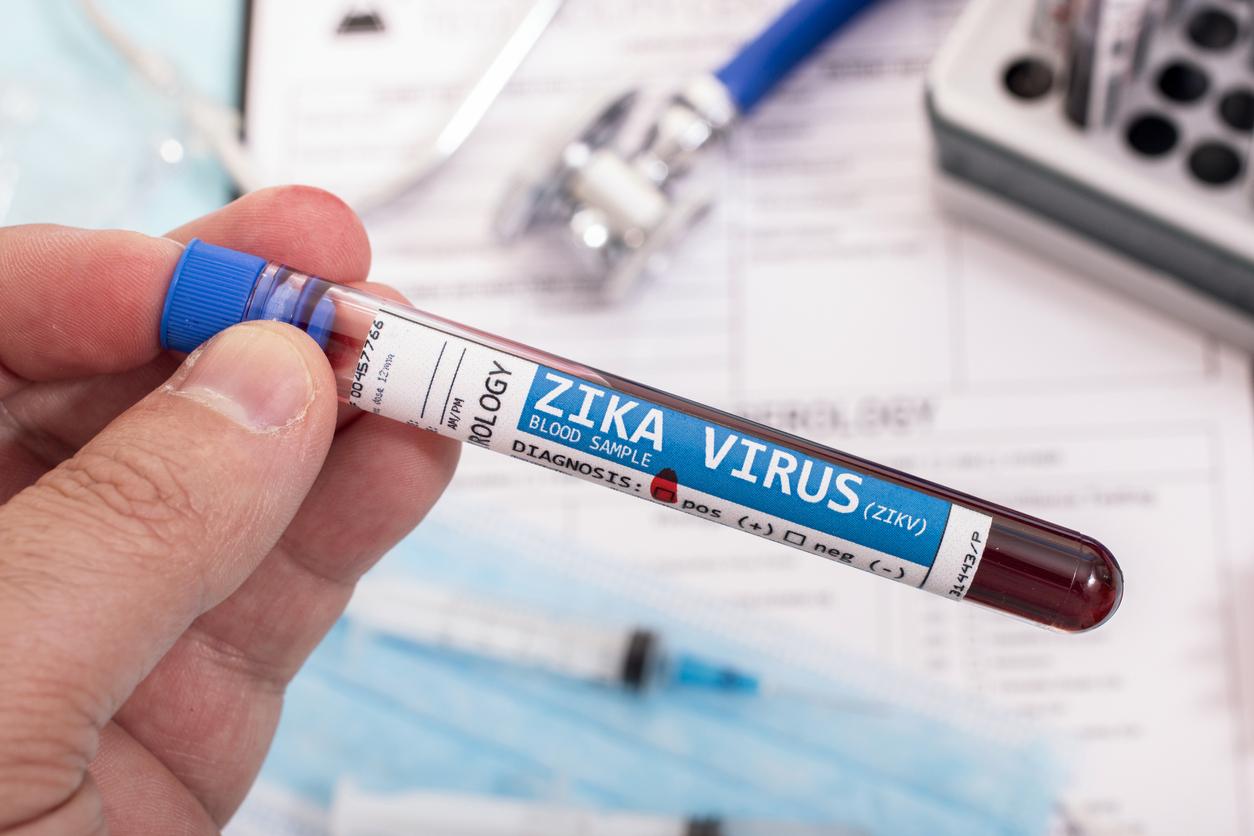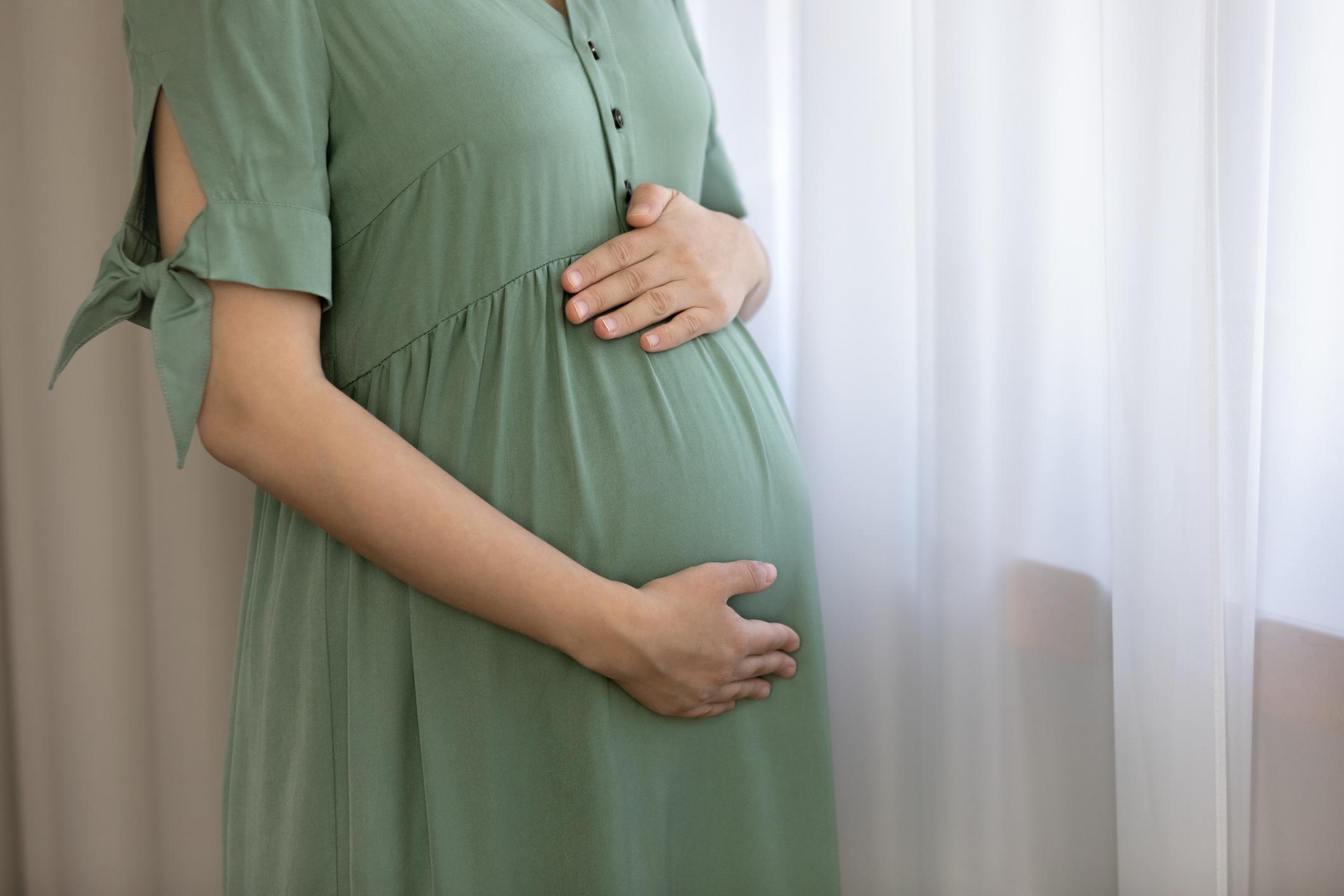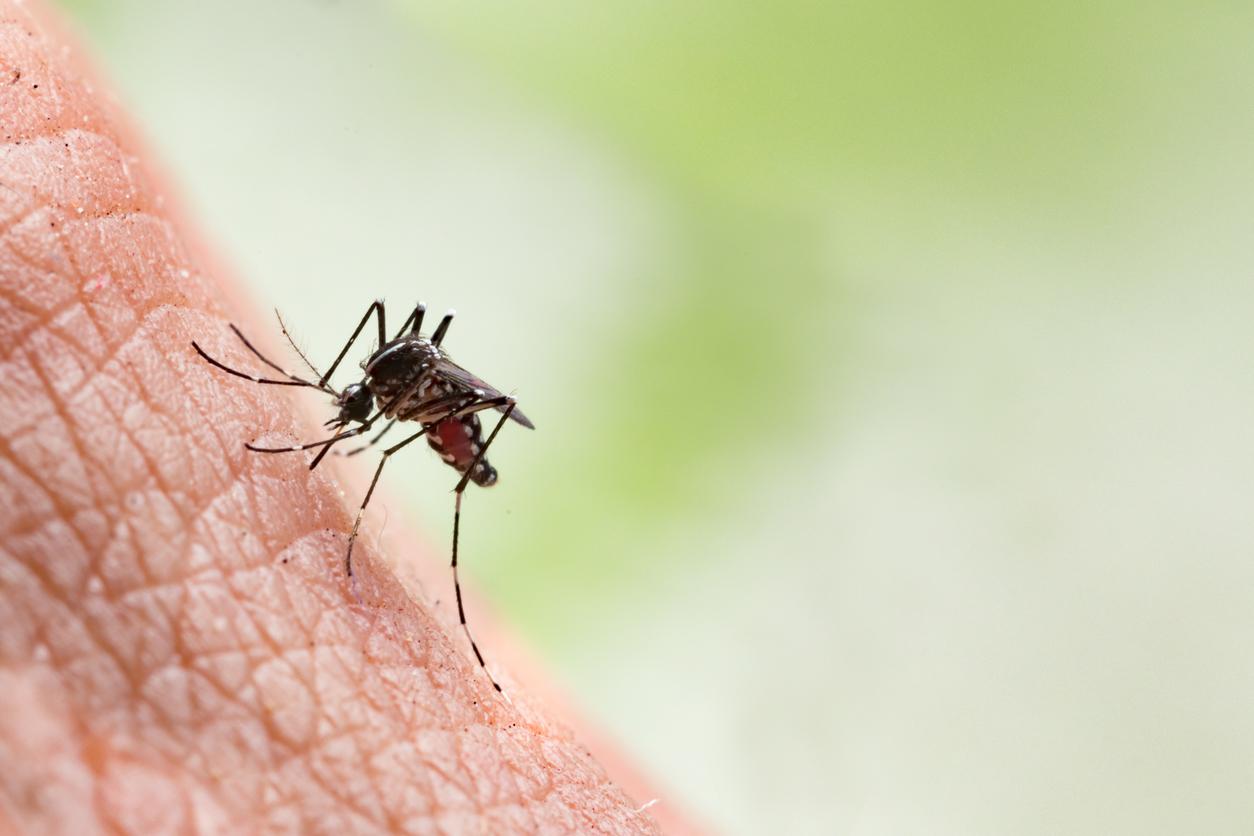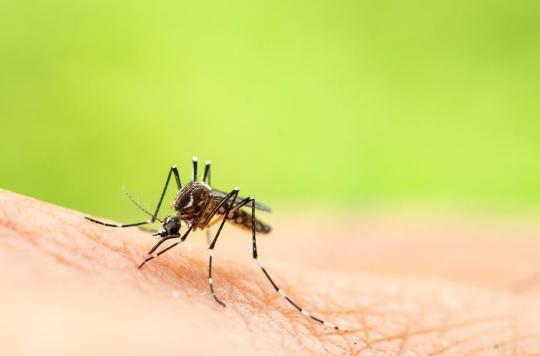As the Zika virus spreads to the West Indies and Latin America, the High Council of Public Health is issuing new recommendations to protect pregnant women.

Faced with the ravages of Zika in newborns, the High Council for Public Health (HSCP) advises pregnant women or those with a pregnancy project in metropolitan France to postpone their trips to areas where the virus is rife. This recommendation is part of a long list of measures issued this Friday aimed at improving the care of infected people.
Since last spring, this virus transmitted by mosquitoes, Aedes aegypti and Aedes albopictus (the tiger mosquito), panics South America and the Caribbean. The anxiety is mainly fueled by the Brazilian situation. According to the country’s health ministry, 3,893 cases of microcephaly, an abnormality in the growth of the skull, have been reported. Last year, only 150 cases were noted. And although the cause-and-effect relationship has not been demonstrated, the coincidence is considered sufficient to warrant caution.
In addition, France is not spared by the Zika fever epidemic in some Overseas departments. This Thursday, Martinique – which has listed 102 confirmed cases – triggered level 3 of the epidemic surveillance, alert and management program (PSAGE), or the epidemic stage. And according to the HCSP, the risk of introducing the virus is “real” in metropolitan France.
Reinforced surveillance of pregnant women
Thus, the experts recommend “the organization of an information and training campaign for health professionals, particularly in the areas affected or potentially affected by Zika”, but also awareness raising among the general public.
They also advocate the establishment of “enhanced care for all pregnant women in Zika virus epidemic areas, whether or not these women are suspected of being infected with the virus”.
A major stake since 80% of infections are asymptomatic. This increased surveillance is based “on the encouragement of pregnant women to respect the clinical and biological examinations planned for pregnancy”, specifies the HCSP. The experts also insist on the importance of the notification of cases of infection in this population and the notification of malformations and neurological disorders of the fetus.
.

















